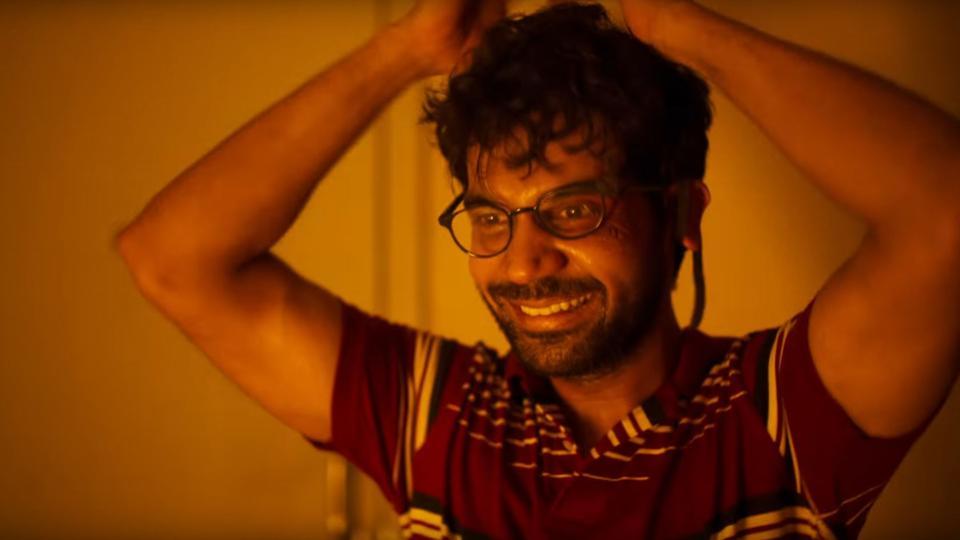Liar’s Dice | Movie Review
Kamla (Geetanjali Thapa), with her daughter and a baby goat in tow, leaves her village in the bosom of Himachal Pradesh to go searching for her husband Harud, a construction worker in Delhi, from whom she hasn’t heard in over five months. A snowslide has made it impossible to commute via road, and Kamla has to haul her daughter and her goat through this dangerous trek on foot. During this journey she comes across a stranger Nawazuddin (Nawazuddin Siddiqui), to whose assistance Kamla reluctantly agrees. While Nawaz’s male presence and indeed shines a ray in their bumpy ride, it feels cruel to know that it all boiled down to money. Or did it really?
The performance of everyone involved in the film was low-key, making the final product look extremely realistic. The script at times doubled up as a character study, where both leading protagonists are dealing with trust issues but are still looking out for each other. Geetanjali Thapa remains aware of her priorities, and throughout the stretch of the film stays focussed at finding her husband. Is it as obvious as it sounds? Did he really leave her for other woman? Her character isn’t giving up the fight without knowing answers to these questions. Unliker hers, Nawazuddin’s character remains a puzzle-piece throughout. There’s a hint in the film which projects him as an Indo-Tibet border guard, and maybe he’s helping Kamla and Manya because he imagines his wife and daughter in them. But the point where he asks money in return of his help kills this image, but not for long. It’s interestingly confusing. There’s a small emotional moment where he tries to hug a stunned Kamla, but the latter simply shrugs him away and runs to her daughter.
Geetu Mohandas as a filmmaker is heavily inspired by Iranian director Majid Majidi’s style of filmmaking (or so it seems), and while her story beats a universal heart, the body remains entirely Indian. Music was restricted to just a few acoustic guitar strums, which were fused nicely with the travel package. The cinematography is thoughtful. It does not attempt to capture the exotic part of the journey, rather it captures the varying moods from virgin snowy village to the grubby Delhi pathways.
The climax with an open ending is immensely satisfying, and while we would have loved to have a concrete statement as to what really happened to the husband (there’s a cue in the film that answers that), we believe that the metaphorical end was more apt to the subject (and to the film title).
|
← Previous Story Watch : John Woo’s ‘The Crossing’ International Trailer
|
You may also like...
2 Comments
Leave a Reply
Cancel reply
-
Advertisement
Copyright © 2020 Indian Nerve. All Rights Reserved.




Arun Mahajan
November 17, 2014 at 4:30 am
What is the clue that you talk about?
Great review, btw.
Thanks,
.arun